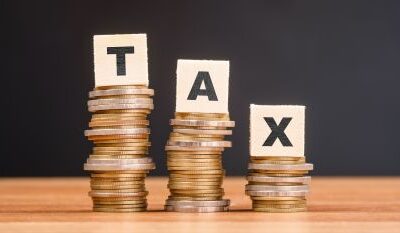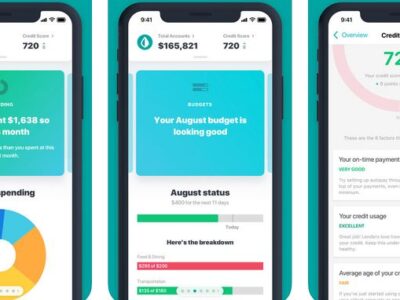What is Net Worth?
Net worth is defined as your total amount of Assets – Debt you carry.
Besides holding a few restaurant jobs in high school – which was a great way of learning how to earn some money when I was studying, I ended up making money, but also spending more than I should have. I had more student loans and credit card debt than my income or savings. That meant I had very little assets and a growing set of debt from installment debt (loans) and revolving debt (credit card). This is an example of negative net worth which is a scary thing, but common thing. Luckily post college, through grit and the grind, I emerged with a higher paying job than my high school job, enough to contribute small amounts to the right area: 20% savings, and the rest of my disposable income after bills and rent to my student loans and credit card debt. A few years later, I found myself free of credit card debt and on track to pay off my student loans in 10 years. I also have a solid emergency fund and the beginnings of investment savings.
What’s included in net worth?
To figure out your network, it’s about adding up all your assets and subtracting all your debt. Hopefully you’ll end up with positive net worth instead of what I had started with nearly 15 years ago, in the negative.
Assets
- Checking accounts
- Savings accounts (CDs, High-Yield Savings, Money Markets)
- Equity on your real-estate
- Stocks and Bonds
- Retirement Accounts (TSP, IRA, 401k)
Debt
- Credit Cards
- Student Loans
- Car / Auto Loans
- Personal Loans
- Mortgage balance owed
Advice around Net Worth
A little about net worth in the United States, about 90% of Americans net worth is tried in their primary residence. This is great because of the forced savings (the principal amount you pay on your home per month, less interest) – it does allow you to diversify and have access to your asset right away. So although this is better than nothing, it’s recommended to have a healthy balance of other savings types including stocks and retirement accounts. These are much more liquidable than real estate.
It’s important to keep track of your Net Worth so you can be on top of your finances. Making sure you don’t pull yourself into the negative side of Net Worth and stay in the positive.
I tend to check my Net Worth monthly, but at the very least use it to evaluate your finances at least once per year. If you have negative net worth, it’s an indicator to think about strategies around reducing debt and finding pay off strategies. If you have positive net work and starting to grow it, you might be able to assume greater risks and put more money in the stock market, additional real estate, or take on other investments with your disposable income.
All and all, knowing your Net Worth allows you to come up with a personal finance plan that works for you and your current situation.









